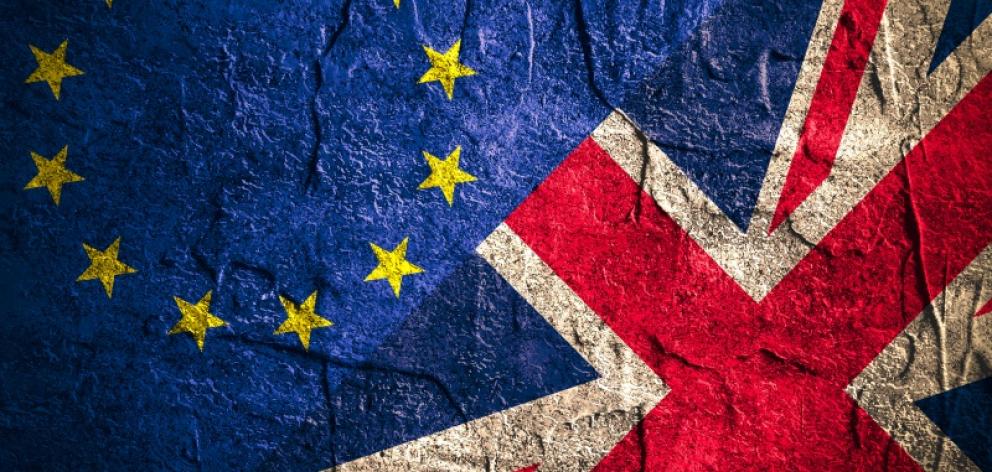
Although the UK has now officially left the European Union, the Brexit story is far from over. As the two deeply intertwined systems untangle from one another, intellectual property rights holders in both jurisdictions now must navigate their way to protection in dual IP systems.
On 1 January 2021, the UK left the Customs Union and ceased to conform to EU regulations. New rules apply around travel and doing business with Europe.
Fortunately, intellectual property is an area with an agreed framework to ensure stability and continuity.
Those with existing EU trademarks and registered Community designs can rest easy, as the UK government is committed to converting all such rights that come into effect on January 1, 2021, to comparable (or ‘‘cloned’’) UK rights automatically and free of charge.
Those who had pending applications at the end of the transition period have a grace period of nine months from January 1 to refile European applications in the UK without starting the process from scratch.
Trademarks which come up for renewal from January 1, 2021 will have to be renewed in both the UK and the EU.
One of the requirements of maintaining a trademark registration is that it is used in the relevant jurisdiction for a designated period.
Use of an EU trademark in any EU country is currently enough to support a registration in all EU countries.
From January 1, 2021, use of a trademark in the EU will also be deemed to be use in the UK if used in the previous five years in any EU country. This could make some cloned UK trademarks vulnerable after five years if not put to use in the UK.
New trademark applications made from January 1, 2021, whether directly filed in the UK or Europe or made utilising the international trade mark agreement known as the Madrid Agreement, will need to designate both the UK and the EU in order to get the same protection as previously offered by one EU registration.
Patent owners are also safe for the time being, as the UK will remain a contracting state to the European Patent Convention, ensuring all existing and future UK and European patents will be unaffected by Brexit.
Patent holders should continue to pay attention to the ongoing relationship between UK and European patent authorities, in case of future changes.
Copyright is a slightly different story. Standard international copyright protections will continue to apply as they are independent of the EU, but the future of some EU-specific provisions (such as database protection) is uncertain.
Keep an eye on future arrangements if you have existing interests in cross-border online content and database protections.
Existing copyright protections, even those dependent on EU provisions, will continue to be recognised in the UK until their term expires, giving current rights holders some peace of mind for the near future.
There is no getting around that Brexit is likely to complicate business and trade in the UK, the EU and around the world for quite some time.
IP disputes in particular may be complicated by a muddying of the waters as the post-Brexit relationship is determined in more detail.
The EU has advised holders of EU intellectual property based in or principally trading in the UK may need to designate an EU representative, further complicating the process.
Beyond just IP, there is the likelihood New Zealand exporters will be hit by double tariffs and VAT on products entering Europe via the UK, or vice versa.
The divergence of regulations currently streamlined through EU law will also create problems, such as differing labelling requirements and registered addresses on packaging.
New Zealand business owners and exporters enter 2021 wary of the instability of global markets due to Covid-19, but keen to take advantage of New Zealand’s relative success in managing the pandemic to get their businesses moving.
New Zealand’s trade prospects will be affected and we don’t want to end up out in the cold. Seismic shifts in geopolitics are not within our control, but being on the ball with your intellectual property registration will avoid some of the headache of navigating two separate systems further down the track.
- Sally Peart is a partner in Marks & Worth Lawyers and IP Specialists and advises businesses on a wide range of commercial and intellectual property law issues.












